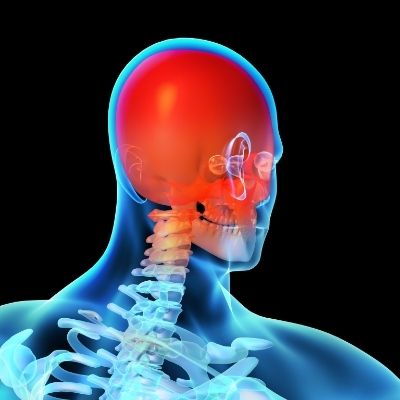October 29th is World Stroke Day, making it the perfect time to think about your vascular health. Stroke was the fifth leading cause of death in Indiana in 2017, making it all the more important to know what you can be doing to take better care of yourself.
Fortunately, there are plenty of steps you can take immediately to reduce your risk of stroke. Start by getting 2.5 hours of moderate to intense exercise per week. Round that out by eating a healthy diet full of fresh fruits and vegetables to maintain a healthy weight.
If you drink alcohol then it may be time to cut back or reassess how much you’re consuming regularly. Work with your doctor to manage your underlying health conditions that can also lead to stroke. You should also try to quit smoking to help your vascular system supply blood to your body more efficiently.

How to Reduce the Risk of Stroke
Reducing your risk of stroke is easier than you think. Making small, healthy lifestyle choices can not only make you feel better in the short term, but add years to your life as well.
Get Regular Exercise
The Center for Disease Control (CDC) recommends that all adults get 150 minutes, or 2.5 hours, of moderate to intense aerobic exercise per week. And you don’t need to join CrossFit to get it. Set aside 30 minutes, five days a week, to take a brisk walk or do some bodyweight exercises. You can also break it up into smaller increments throughout your day.
Being physically active does more than prevent stroke. A raised activity level can also help you reach a healthy weight and fight high cholesterol. Exercise can help with your mental health by releasing endorphins that boost your mood. Even though exercise can feel like a burden, consistent physical activity has too many benefits to ignore, so try to fit it into your schedule today.
It’s important to know the signs of a stroke. Click here to learn the five telltale warning signs.
Eat a Healthy Diet
They say weight loss starts in the kitchen. While exercise is always a good decision, it won’t make much of a difference if you’re not eating a balanced diet with lots of fruits and vegetables. This will ensure that you’re getting all the vitamins and nutrients your body needs to function effectively while skipping all the additives of prepackaged foods.
Always look at the labels when buying prepackaged foods. Choose options that are low in:
- Saturated fat
- Trans fat
- Sodium (salt)
- Cholesterol
Making these choices can help fight high blood pressure as well as reduce your risk of stroke.
Limit Your Drinking
Drinking too much alcohol can increase your risk of stroke, with even two drinks per day putting you at higher risk. When drinking, limit yourself to one serving per day and choose red wine if possible. Portions can also be tricky since the recommended serving sizes are much smaller than you may think, so it’s important to know how much you’re actually drinking.
The recommended serving size for different types of alcohol are:
- Beer – 12 ounces
- Wine – 5 ounces
- Hard Liquor – 1.5 ounces
Drinking too much can have long-term effects on your health, including an increased risk of cancer and a weakened immune system. To prevent these as well as stroke, you’ll need to limit alcohol consumption.
Quit Smoking
It’s no secret that smoking is bad for you. Cigarettes are known for increasing the risk of cancer, staining your teeth, giving you bad breath, and increasing your risk of stroke. This is because smoking constricts your blood vessels, making it harder for blood to move throughout your organs.
But those aren’t the only problems smoking can lead to. It also increases your risk of:
- Carotid artery disease (CAD)
- Peripheral artery disease (PAD)
- Abdominal aortic aneurysms
- Heart attack
Quitting smoking can do wonders for your health, even if you’ve been doing it for years. In fact, your risk of stroke goes down in just 2 to 5 years after quitting. Quitting as soon as possible will only help you achieve those benefits even sooner.
Click here to learn how carotid artery disease can lead to a stroke.
Manage Your Other Health Conditions
The risk of having a stroke doesn’t exist in a vacuum. Other health conditions can also be risk factors, so it’s important to be aware of them and keep them under control.
Health conditions that increase your risk of stroke include:
- Heart disease
- High blood pressure
- High blood sugar (diabetes)
- Atrial fibrillation
- Irregular heartbeat
Work with your doctor to manage your underlying conditions. Take your prescribed medications and pursue a healthy lifestyle to prevent strokes.
Are concerned about your risk of stroke or its underlying conditions? Call us today at (812) 424-8231 or (800) 264-8231 to schedule your appointment!
Preventing a stroke can be easier than you think. You can start by managing your weight through regular exercise and a healthy diet. Limit your drinking and stick to healthy serving sizes along with quitting smoking. You should also work with your doctor to manage any underlying conditions you may have that could eventually lead to a stroke.
Evansville Surgical Associates has been providing comprehensive and compassionate surgical care for over 50 years. Call us at (812) 424-8231 or (800) 264-8231. We are available from 8:00 am to 4:30 pm if you would like to schedule an appointment.



